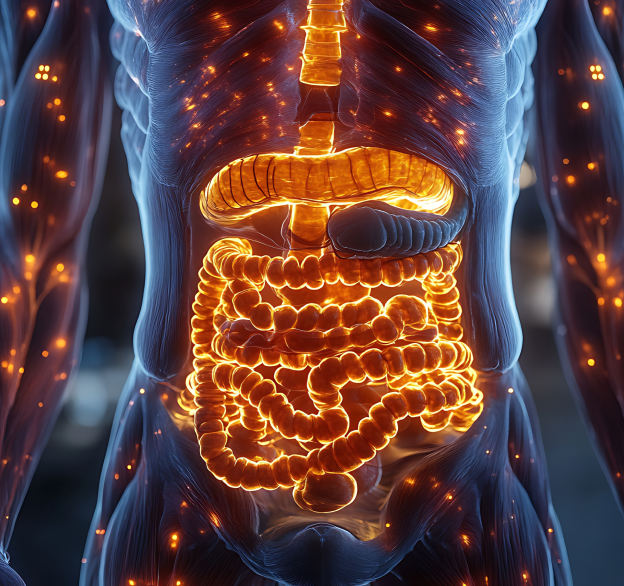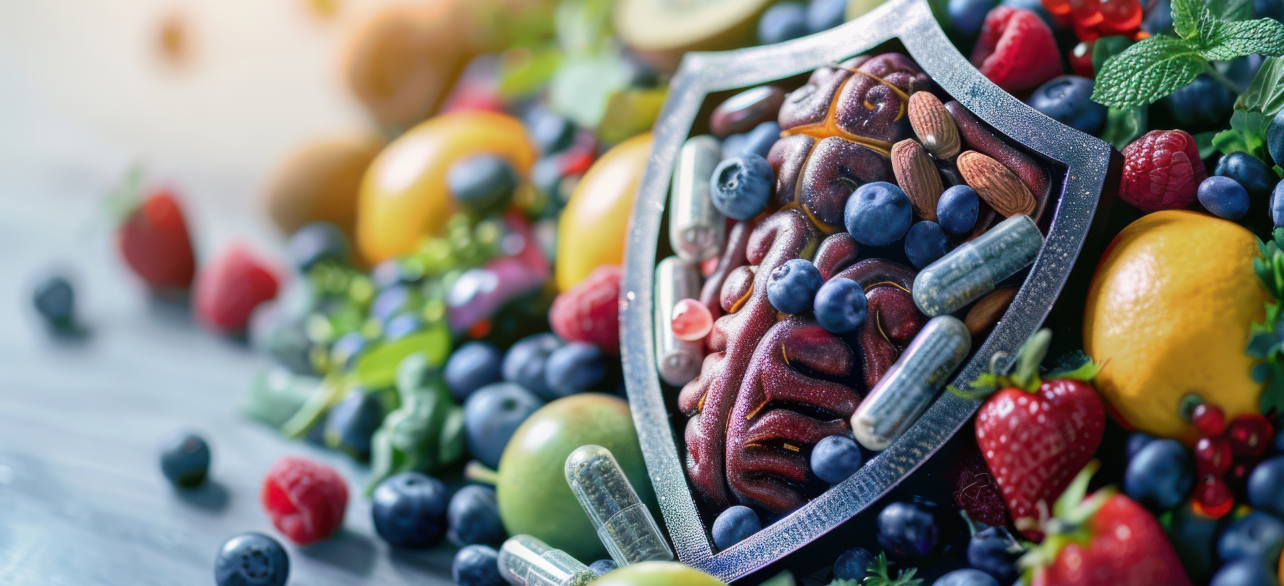
Science
The Connection Between Gut Health and Recovery

The gut plays a pivotal role in overall health, influencing not only digestion but also immune function, mental well-being, and recovery after physical exertion and substance use, such as MDMA. Understanding the connection between gut health and recovery is essential for optimizing the body’s ability to restore itself following intense activities like raving. Proper gut health can significantly impact how quickly and effectively the body recovers, making it a crucial factor in post-rave and post-substance use restoration.
Beta-Glucans play a crucial role in supporting gut health and immune function. These fibers can help modulate the immune response and improve the gut’s ability to recover from stress and inflammation caused by intense physical activity and substance use. They also enhance the integrity of the gut barrier, preventing unwanted pathogens from entering the bloodstream.
The Gut: A Central Player in Recovery
The gastrointestinal tract, often referred to as the “gut,” is home to trillions of microorganisms that collectively form the gut microbiome. This complex ecosystem of bacteria, viruses, and fungi plays a key role in digestion, nutrient absorption, and the regulation of the immune system. A healthy gut microbiome is essential for efficient recovery, as it influences inflammation, nutrient assimilation, and even the body’s stress response, all of which can be disrupted by the use of substances like MDMA.
Gut Health and Nutrient Absorption
Efficient recovery depends heavily on the body’s ability to absorb and utilize essential nutrients. The gut is where this process begins. A balanced gut microbiome enhances the breakdown and absorption of nutrients such as vitamins, minerals, and amino acids, which are critical for tissue repair, energy restoration, and immune support. An imbalanced gut, on the other hand, can hinder nutrient absorption, slowing down the recovery process and leading to deficiencies that can exacerbate fatigue and prolong muscle soreness.
Inflammation and Immune Modulation
The gut is a major regulator of the body’s inflammatory response. Intense physical activities, such as prolonged dancing, can induce inflammation and oxidative stress, both of which need to be managed effectively for quick recovery. A healthy gut helps modulate inflammation by producing short-chain fatty acids (SCFAs) and other metabolites that have anti-inflammatory properties. Moreover, a well-functioning gut supports the immune system by maintaining a barrier against pathogens and regulating immune cell activity. This is crucial after physically demanding activities, as the immune system is often compromised during periods of high exertion.
The Gut-Brain Axis and Recovery
The gut and brain are closely connected through a bidirectional communication network known as the gut-brain axis. This connection influences not only mental health but also physical recovery. The gut microbiome produces neurotransmitters and other signaling molecules that can affect mood, stress levels, and sleep quality—all of which are vital for effective recovery. A healthy gut can improve sleep patterns and reduce stress, thereby accelerating the body’s recovery process and enhancing overall well-being.
Probiotics and Prebiotics: Supporting Gut Health
Probiotics, which are beneficial live bacteria, and prebiotics, the non-digestible fibers that feed these bacteria, play a critical role in maintaining a balanced gut microbiome. Incorporating probiotics and prebiotics into your diet can enhance gut health, improve nutrient absorption, and reduce inflammation, all of which contribute to faster recovery. Foods rich in probiotics include yogurt, kefir, and fermented vegetables, while prebiotics can be found in foods like garlic, onions, bananas, and whole grains.
Hydration and Gut Function
Hydration is another key factor in gut health and recovery. Adequate water intake supports digestion, nutrient absorption, and the elimination of waste products. Dehydration can disrupt gut function, leading to issues such as constipation and impaired nutrient absorption, both of which can hinder recovery. Ensuring proper hydration, especially after intense physical activities, is essential for maintaining gut health and optimizing recovery.
Integrating Gut Health into Recovery Strategies
To maximize recovery after intense activities, it’s essential to prioritize gut health. This can be achieved through a diet rich in probiotics, prebiotics, and fiber, as well as adequate hydration. Additionally, considering supplements specifically designed to support gut health can offer an effective way to enhance recovery. These supplements, for example, Post-Peak vitamins and Dance Balance gel, often include a blend of probiotics, prebiotics, and digestive enzymes that work together to maintain a balanced gut microbiome and improve overall nutrient assimilation.
By focusing on gut health, individuals can not only improve their recovery times but also support their overall physical and mental well-being. The gut’s central role in regulating inflammation, immune response, and nutrient absorption makes it a key player in the recovery process. Prioritizing gut health through diet, hydration, and targeted supplementation can lead to more efficient recovery and better long-term health outcomes.

